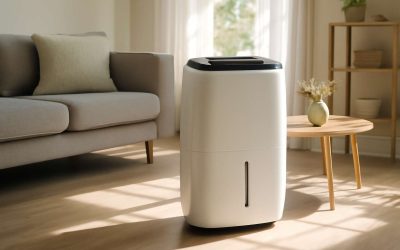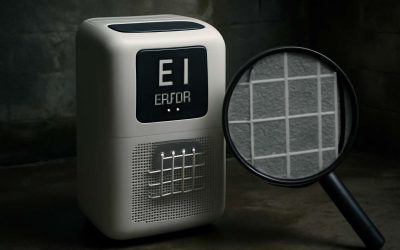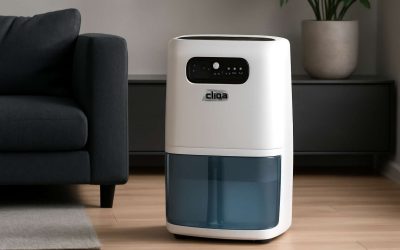If your home has a lot of humidity, it can make you feel uncomfortable and can even damage your property. That’s why it’s important to keep the air in your home drier with an air dehumidifier.
There are several types of dehumidifiers, depending on the type and size you need for your specific needs. There are portable dehumidifiers that can be placed in a room and plugged in, and there are whole-house dehumidifiers that can be installed throughout your entire house.
The best type of dehumidifier for you depends on the amount of moisture that you need to remove and your budget. If you need to dry out a large room or an area in your home that is particularly humid, it’s best to choose a dehumidifier that can be plugged in and will drain outside of the room via a hose.
A small, portable dehumidifier can be a good choice for rooms that are a little damp and may only need to be emptied once or twice a day. It will cost less in electricity to run a smaller dehumidifier than it would for a larger one, so it’s worth the investment to keep your home dry and healthy.
If you live in a climate where you experience high humidity, an air dehumidifier can help you reduce the risk of mold and mildew in your home. These organisms can cause serious damage to your belongings and can also trigger respiratory problems.
Another benefit of a dehumidifier is that it can help you cut down on dust mites and other pests in your home. These insects love to hide in a moist environment and can be difficult to get rid of.
Choosing the right size is very important. For example, if you need to keep the humidity in your basement down to a safe level, you’ll want to purchase a unit that will remove at least 30 pints of water per 24 hours.
An average dehumidifier will use about 160 kilowatt-hours per month, which is more than the average refrigerator uses. However, it’s more energy-efficient than your typical air conditioner and can help you save on energy costs in the long run by allowing your AC system to operate more efficiently.
A good air dehumidifier can also make your home more comfortable by reducing musty odors and the potential for mold and mildew to grow on furniture, curtains and other items in your home. It can also help keep your family healthier by preventing allergens from triggering asthma flare-ups.
The best dehumidifiers are easy to install and have a low noise level. You can often buy a dehumidifier with built-in sensors that will let you know when the humidity in your home is at an optimal level, so you can adjust the settings to maintain it.
The best dehumidifiers will allow you to control the humidity in your home from a smartphone app or an infrared remote. They will also work with smart AC controllers to automatically maintain the ideal humidity level in your home.



0 Comments